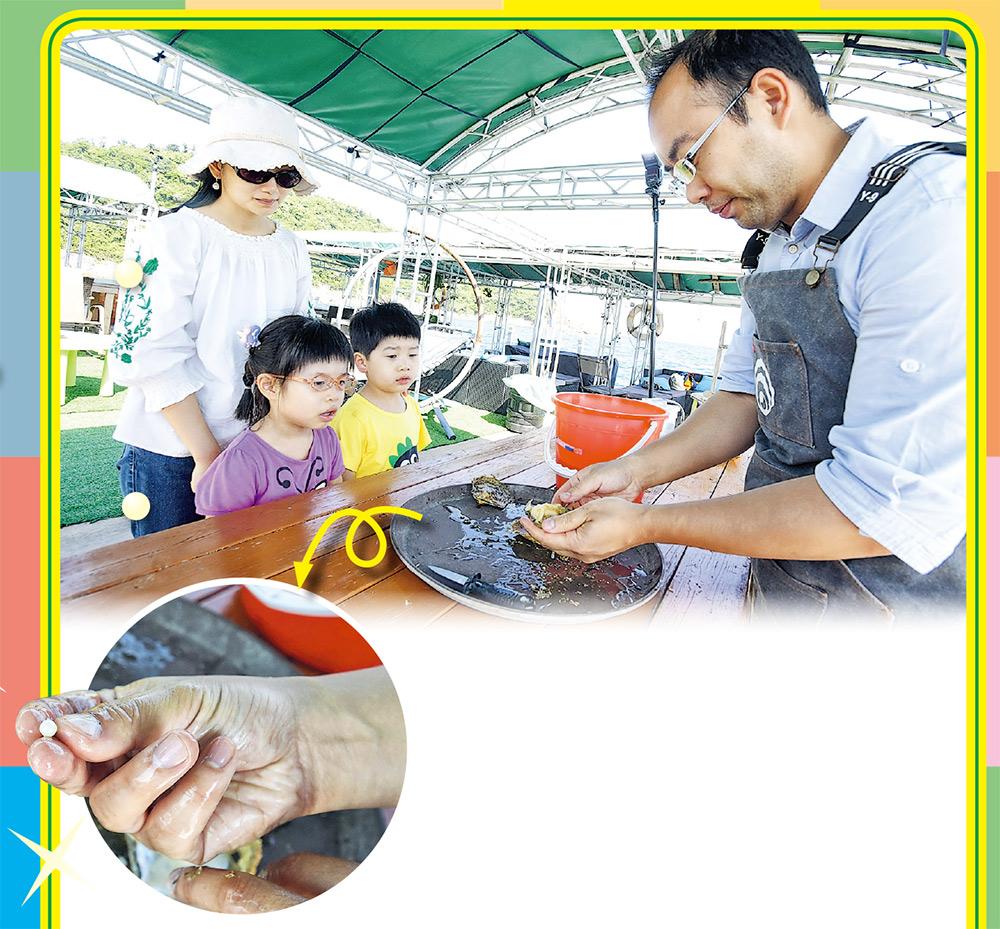Road to 5**:Glocalization
【明報專訊】Socialist Roland Robertson proposed the idea of glocalization (全球在地化) in 1992. The term refers to the fact that multinational corporations and organizations adjust their products to suit the local culture and social needs. Doraemon, for example, underwent changes in its characters, characteristic objects and parts of its plot when it entered the US in 2014. The chopsticks became forks, and Doraemon eats Italian pizzas rather than bean paste buns.
Chinese elements in Disneyland Shanghai
Disneyland Shanghai was opened in mid-June 2016. It was where the first Chinese version of the musical The Lion King was screened. Some of the characters even spoke with a distinctive Northern accent. The New York Times believes that the accent was an element of glocalization. Furthermore, the screening even included popular songs in mainland China and a character modeled on Sun Wukong (孫悟空). Bob Iger, Disney's chief executive, said that the group wanted to build not only a Disneyland in China, but also a Disneyland that belonged to China.
Lalamove in India
Lalamove, a logistics company, entered Singapore, the Philippines, Thailand, Vietnam and Indonesia in 2014. It found its way into India in 2019. Its managing director Blake Larson said in March 2019 that the company had sent its core members to India to plan the businesses there, stressing that the company would hire locals to provide glocalized services. He said that Hong Kong people using the platform liked to be in the vehicle themselves to ensure delivery of the goods, and they liked to phone the drivers to confirm the orders. South Asian users, in contrast, did not like the drivers to call them after the order had been confirmed in the app.
Xiaomi supporting 14 Indian dialects
In the fourth quarter of 2017 Xiaomi, a Chinese brand, became the leader in India's smartphone market with a market share of 25 percent. The company said that it designed its smartphones in a way that respected the habits of local users. For example, Indian users like smartphones with two SIM cards and using WhatsApp. Xiaomi was the first company to introduce smartphones that could be linked to two WhatsApp accounts. Furthermore, there are more than 20 languages in India. Xiaomi smartphones now supported 14 of them.
Translated by Terence Yip
[通通識 第650期]









